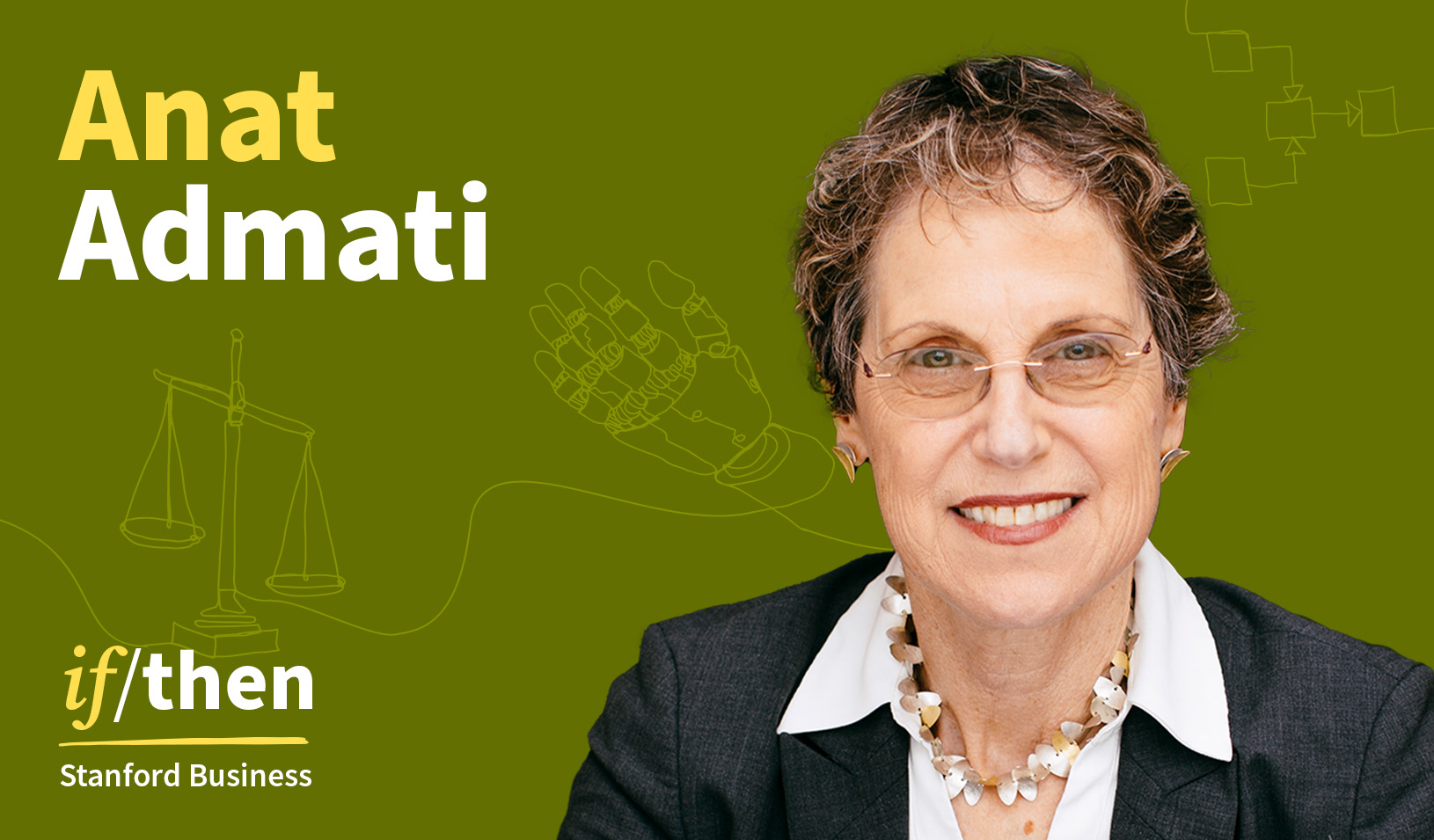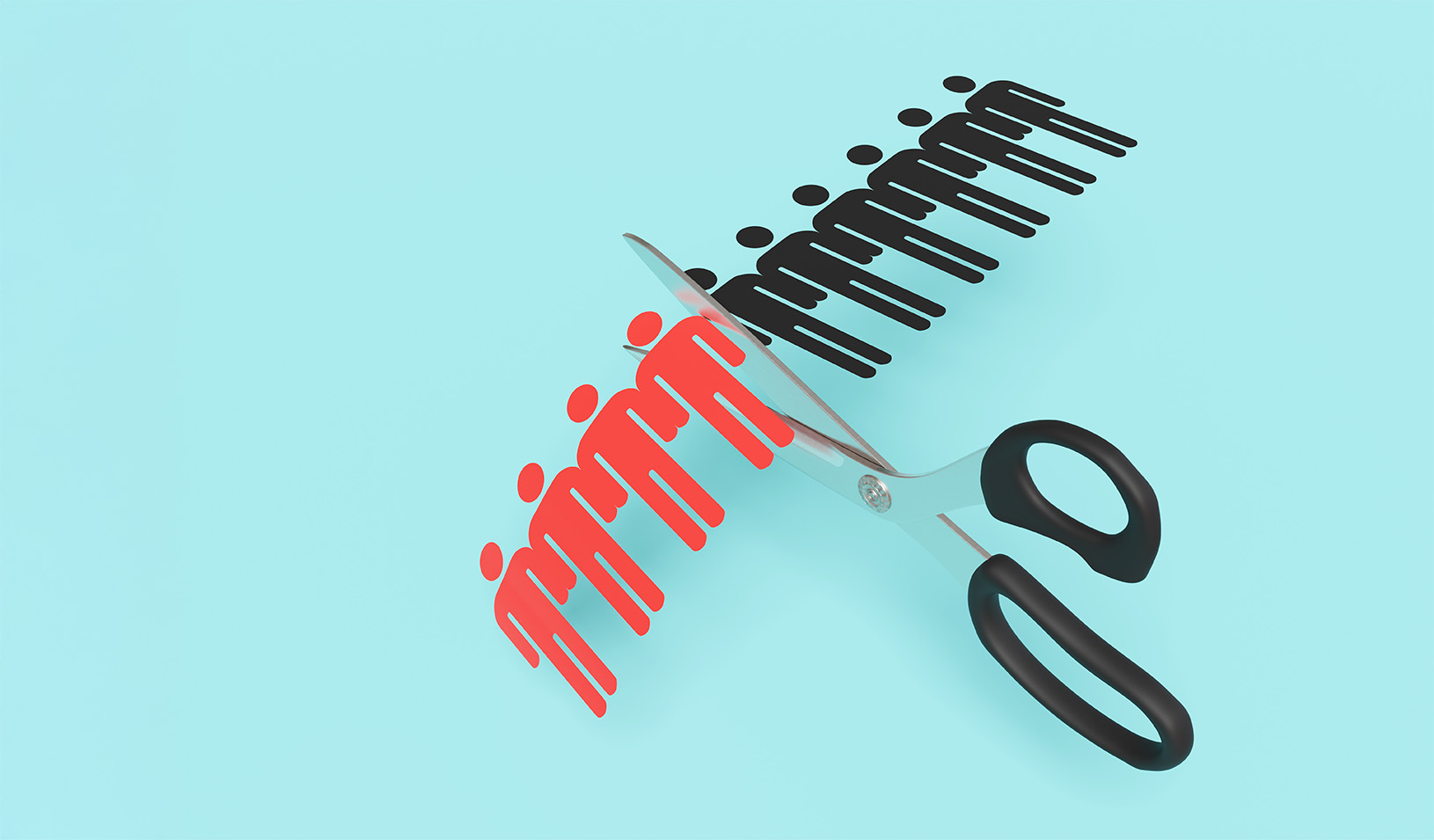
Donald Trump isn’t a traditional conservative, says political economist David Brady, and his presidency likely won’t change the Republican party. | Reuters/Eric Thayer
The 2016 presidential election was deeply divisive, leaving parts of the country jubilant and others apprehensive over the fate of our republic. But voters on all sides might agree that the stunning victory of Donald Trump feels like more than the usual swing of the pendulum from one party to the other.

David Brady | Nancy Rothstein
Insights by Stanford Business talks to political economist David Brady about the future of the American political system.
Is this a new era in American politics?
Well, the country hasn’t changed much. If you ignored the personalities and just looked at the voting data by state and party, you’d say the 2016 election was amazingly like the 2012 election. Obama won the popular vote by 5 million votes; Hillary Clinton won it by 3 million, and the breakdowns are very similar. The main difference is that Trump won more independents than Romney, and Clinton won fewer Democrats than Obama. But because a few Midwestern swing states flipped, largely because Trump won less-affluent white voters by a large margin, the whole thing swung to the other side. The reality is, the U.S. electorate remains very evenly split, and our system creates this knife-edge electoral instability. If you switch 77,000 votes in Michigan, Wisconsin, and Pennsylvania, then Hillary wins and the headlines say the country voted against misogyny and racism.
Before the November election, a lot of Republicans and independents said they might not vote for Trump for a variety of reasons, including his treatment of women.
But in the end, they did.
When it came down to it, those ambivalent Republicans and independents voted for Trump even though they did not think highly of him and thought him less qualified to be president than Hillary Clinton.
The headlines called it “the anger election.”
Right, that’s the go-to narrative in the media. The Huffington Post called it “the anger election.” Look, that was part of the story, but anger in American politics is not new. We’ve been polling reasonably high levels of anger since 2004, and it’s more a partisan thing than a class thing. The folks who are most upset are always those whose party is out of power. In 2016, 90% of white male Republicans reported being angry about something in the news once a day at least, while only 28% of Democrats did. Over the next four years it will be the Democrats who are angry.
That’s not to diminish the bitterness that’s out there. Americans today are discontented with the economic and political systems. In 2002, one-third of them believed the country was run for the benefit of the wealthy; in 2016, three-quarters held that view. Over 60% say the government doesn’t care about people like them. That’s a high level of discontent, and it cuts across parties. What was unique about the 2016 election was that Trump characterized Mexican immigrants as rapists, treated Carly Fiorina and Megyn Kelly badly, dissed the family of a fallen soldier, and was taped discussing groping women — and still won both the nomination and the presidency.
Then why did so many people vote for Trump?
Many did because they preferred him to Clinton and others because they felt like he was talking to them. He ran against the political and media elites, and in retrospect, he couldn’t have asked for a better foil than Hillary Clinton. You had the ultimate establishment candidate up against someone who vowed to break things. You know, if you live in Green Bay, Wisconsin, and you lost your job because the factory automated or moved to a lower-cost country, you are not going to be very concerned about identity politics. So his voters thought, yeah, maybe Trump’s a loose cannon, but at least he seems to get my plight.
I think it’s pretty clear that the election outcome is a reaction to globalization and all the social and economic disruption it’s wrought over the past few decades. Globalization has created big winners, and it’s lifted a billion people around the world out of poverty, which is great. But there are a lot of losers, and they’re finding their voice, and U.S. politicians cannot run on the benefits of globalization in China or Vietnam. That’s the real story here. Trump won where the jobs weren’t. On the left, Bernie Sanders tapped into that same resentment over growing inequality.
Has the U.S. ever faced this kind of challenge before?
Yes, actually, it’s similar to what happened after industrialization and a boom in world trade in the latter half of the 1800s. The first globalization era created wealth and jobs but also created losers and social change and the social cost came due: traditional crafts destroyed, farm jobs lost to automation, rural communities uprooted. It’s an instructive parallel, because what followed was a long period of instability and civil strife, with eerily similar populist rhetoric, anti-elites, anti-wealth, protectionism, and anti-immigrant laws. It’s worth noting that the U.S. political system survived and prospered.
Now that the GOP holds the White House and Congress, is there a mandate for a conservative agenda?
Republicans in Congress think so but disagree on what issues it applies to and how conservative the response should be. In my opinion it’s partially true in regard to taxes, regulation, and the ACA [Affordable Care Act]. But Trump’s not a traditional conservative, at least on economic issues. He’s against free trade, he wants to preserve entitlements like Social Security and Medicare, and so on. I think that some party leaders were hoping that was all campaign demagoguery, but he seems determined to live up to it. You have to understand, Trump’s power base isn’t particularly ideological. In pre-election polls, only 13% of his supporters described themselves as “very conservative.” Less than a third were in the Tea Party movement.
What’s happened is that less educated, less affluent voters have sorted themselves into the Republican Party because of social issues — they tend to be further to the right on culture war stuff than affluent Republicans. But they also want to boost the minimum wage and raise taxes on the wealthy. So with Trump as their guy, the White House is not entirely on the same page as the party leadership.
Then does he govern as an outsider, or does he reshape the GOP in his image?
I don’t think Trump will, in the long run, change the party. He’s not an alliance builder, and his own base will over time erode, because I do not think he can solve the issues he ran on. Pretending you’re going to stop globalization is wrongheaded, and you can’t keep jobs in the U.S. by bullying CEOs. That doesn’t change the economics.
The only way to ease the pain of globalization is to grow the economy, and if Trump’s protectionist ideas and belligerent unilateralism are followed, it will not create growth in the real economy. The Republicans in Congress know that if they screw up health care and don’t deliver on taxes and regulations, they will not be the majority party for very long. They don’t want do anything stupid and get themselves unelected. So I think what they’re trying to figure out is how far they need to go with him to advance their own plans, and then he’s on his own.
That said, the Republicans in Congress are going to have a hard time keeping all the elements of their coalition together while reforming taxes, health care, and regulation, so don’t look for solutions or laws on these issues anytime soon. Political turmoil is not going anywhere.
Does that create an opening for a viable third party?
Possibly. The two major parties have become far more ideological than the electorate. It goes back to our system of primary elections; we’re the only country that has democracy not just between parties but within parties. Well, the people who turn out in the primaries are the super-concerned — the hard-liners and ideologues — and that pulls both parties away from the center.
So, yes, there are a lot of people who are disaffected. Back in 1937, just 5% of the electorate identified as politically independent. Now it’s 42%. How this group breaks is what decides elections. But most of them are not engaged, issue-driven people who watch CNN every night. They just want things to work and want politicians to stop bickering. That’s hard to build a movement around.
The other thing is, look how easy it was for Trump, who was a Democrat for many years, to come in through the primaries and take over the Republican Party. So why go to the trouble of building a party when you can hijack one? That may be one of the big lessons of this election.
Are there lessons for the Democrats? Do they need to rethink their platform?
No, the party is pretty well positioned. There are more registered Democrats than Republicans, and demographic trends are widening that gap. They just didn’t turn out in 2016, thanks to a less than inspiring candidate. What the Democrats need is new leadership.
Now, they’re going to face pressure from the Elizabeth Warren/Bernie Sanders wing of the party to move further left, which in my view is not a winning position. That’s a battle they need to have. But the Republicans also have to decide whether they stand for free markets or this Trump-style populism, and it’s harder to sort things out while you’re running the government because you have to govern while the other folks get to campaign.
Got any handicapping tips on the 2018 and 2020 elections at this point?
I’m not sure the Democrats can regain either house of Congress in the 2018 midterms. They have an inherent disadvantage in the House, because there are just a lot more red congressional districts. Democratic voters are all bunched up in the cities. The Senate will be hard because of the schedule — who’s up for reelection. Now, if Republicans screw up health care, all bets are off.
But I also think the Republicans are perfectly positioned to read too much into their success and overshoot the mark. Just as Bush did when he won reelection in 2004 and tried to privatize Social Security — or as Obama did when he oversold the benefits of the Affordable Care Act. I wouldn’t be surprised to see the scales tilt back in 2020.
In the meantime, what are the prospects for the rule of law?
Where people stand on political institutions pretty much depends on where they sit politically.
For media inquiries, visit the Newsroom.






